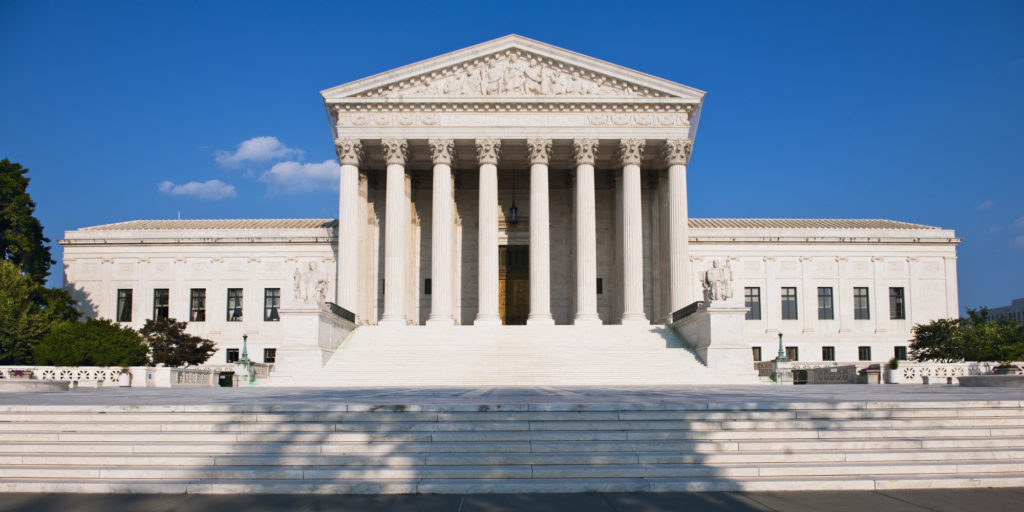Today, the United States Supreme Court ruled 7-2 in favor of a Colorado baker who refused service to a gay male couple who wished to order a wedding cake, claiming that he objected to same-sex marriage on religious grounds. The decision has potential health effects for LGBT people, as a growing body of research shows that the passage of statewide laws on the rights of LGBT people can affect their health in significant ways. Additionally, the ruling may embolden others to refuse service, including healthcare, to LGBT people.
“Anti-LGBT discrimination contributes to minority stress, which affects the health and well-being of LGBT people,” said Sean Cahill, Director of Health Policy Research at The Fenway Institute. “We now know that marriage equality laws can positively impact the health of LGBT people and that anti-LGBT laws have the opposite effect. Given the widespread publicity this case has already received and the coverage that this court ruling will likely receive, we are concerned about its potential impact on public health.”
An analysis of Behavioral Risk Factor Surveillance System survey data published last month in JAMA Psychiatry found that laws permitting denial of services to same-sex couples, which exist in 12 states, are associated with a 46 increase in mental distress among sexual minority adults. The study also found that the changes in mental health status occurred seven to 18 months after the implementation of these laws, which suggests that it wasn’t the law itself that caused the distress but rather the public debate about the law and subsequent “media coverage and the awareness of unequal rights.”
A 2017 study published in JAMA Pediatrics found that rates of suicide attempts by sexual minority high school students in 32 states that had enacted marriage equality laws by January 1, 2015 dropped seven percent as compared with sexual minority youth in 15 states that did not pass same-sex marriage equality laws. The positive effect was still in place two years later, and researchers estimated that marriage equality laws could be associated with 134,000 fewer suicide attempts among sexual minority youth each year.
That study built upon a 2012 American Journal of Public Health study based on Fenway Health data that found in the 12-month period after marriage equality was enacted in Massachusetts, gay and bisexual men experienced a 13 percent drop in medical care visits, and a 13 percent drop in appointments related to mental health. Visits related to general medical care, hypertension, and sexually-transmitted infections decreased, and diagnoses of depressive, anxiety, and adjustments disorders decreased. General medical health care costs in the 12-month period after same-sex marriages became legal in Massachusetts were 10 percent lower than what they were in the 12-month period before marriage equality became legal.
“All of this is troubling enough. But we fear that the ruling, despite its narrow focus on facts relevant only to this one case, will nonetheless embolden others to engage in discrimination against LGBT people. Discrimination in health care is a major barrier to accessing treatment, and religious refusal policies at the state and federal level pose a major threat to LGBT people’s ability to access routine care,” Cahill added. “The idea that a business owner or healthcare provider can refuse service to LGBT people based on religious beliefs takes the concept of religious freedom and turns it on its head. True religious freedom protects an individual’s right to worship—or not—and harms no one. But religious refusal policies are designed so that government employees and healthcare providers can deny service or treatment to LGBT people as a group by claiming that providing such service or treatment would violate their religious beliefs or sincerely held principles.”
A December 2017 issue brief on the topic of religious refusal executive branch actions and state laws is available here.
Want to receive email updates about what’s happening at Fenway Health? Sign up here.


